8 Supposed BP-Lowering Foods That Don’t Work—And 8 Backed by Science
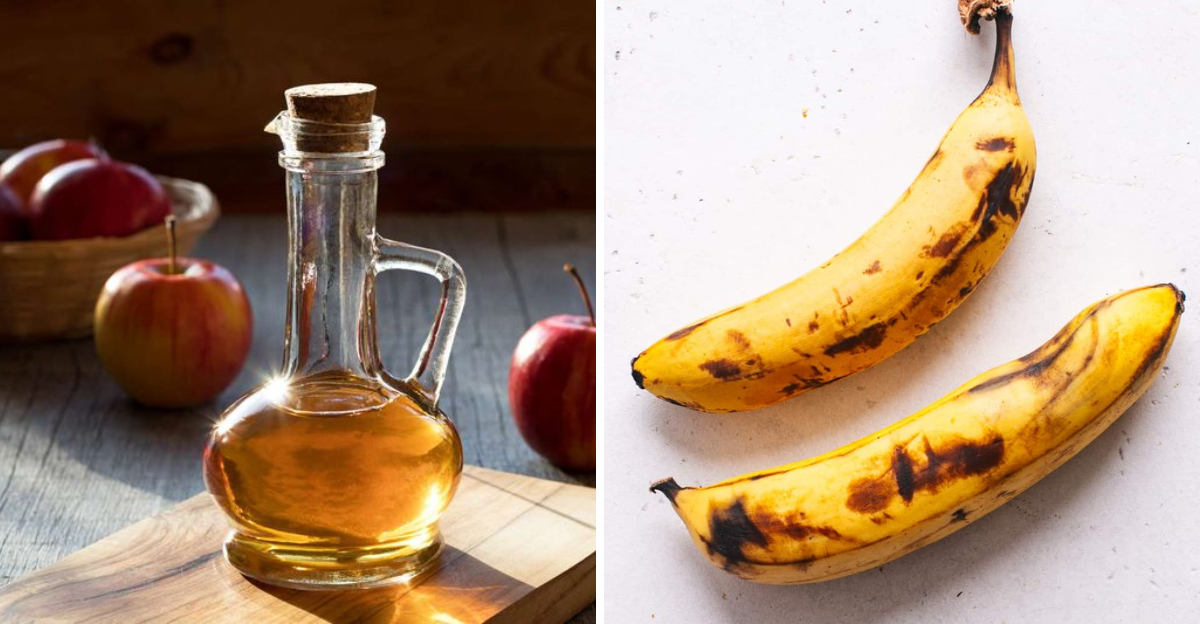
Exploring the world of foods often claimed to lower blood pressure can reveal a mix of myth and fact. Here, we dive into eight foods touted for their blood pressure-lowering benefits that might not live up to the hype, and contrast them with eight scientifically supported options that genuinely make a difference. Understanding the distinctions can guide healthier choices and lead to better heart health.
1. Apple Cider Vinegar
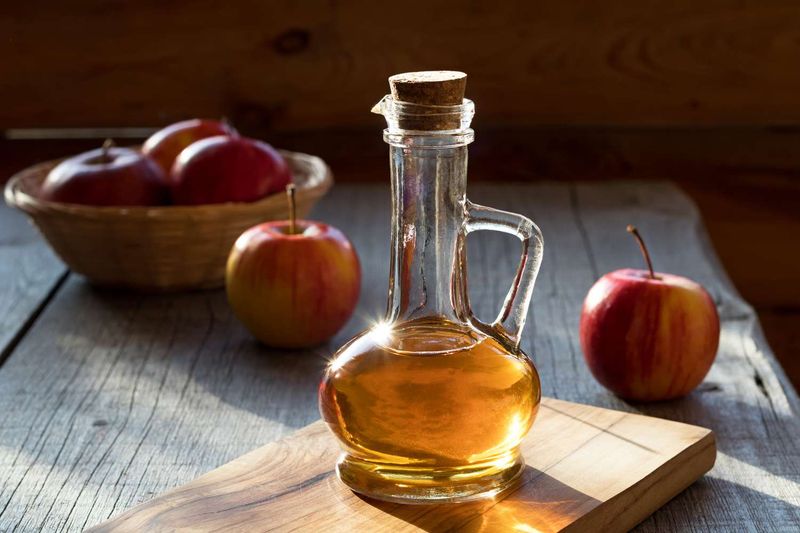
Apple cider vinegar is a popular home remedy, praised for its supposed health benefits ranging from weight loss to controlling blood sugar. However, when it comes to lowering blood pressure, the evidence is scant. While some animal studies suggest potential benefits, human research is limited, and the results are inconclusive. The tart, potent liquid might add zest to your salad dressings, but it shouldn’t be relied upon as a primary means of managing hypertension. Moderation is key, as excessive consumption can lead to digestive discomfort or tooth enamel erosion.
2. Coconut Water
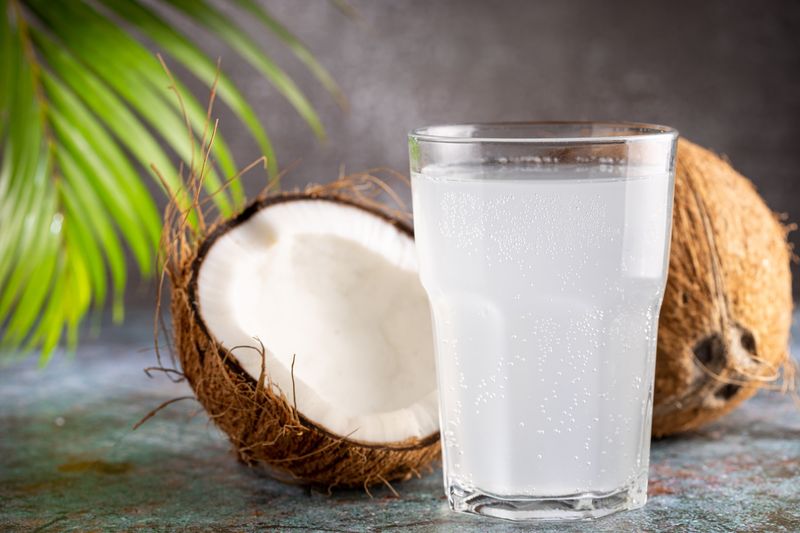
Coconut water is often marketed as a natural electrolyte drink, brimming with potassium and other nutrients that support heart health. However, its reputation as a blood pressure wonder drink is largely overstated. While potassium is indeed beneficial for managing blood pressure, the amounts in coconut water may not suffice for significant change. Furthermore, consistency in consumption would be necessary to notice any effect. Enjoy it as a refreshing beverage, particularly after a workout, but don’t expect miracles in blood pressure management from this tropical treat alone.
3. Dark Chocolate Candy Bars

Dark chocolate, when in its purest form, contains flavonoids that can aid blood pressure reduction by improving blood vessel function. However, commercial candy bars often come with high sugar and fat content, negating these benefits. The sugary versions outweigh the positives of cocoa’s antioxidants, making them less than ideal for heart health. For those seeking benefits, opt for dark chocolate with at least 70% cocoa content. Savoring small amounts can satisfy sweet cravings while providing a healthier, heart-friendly alternative than its sugar-laden counterparts.
4. Bananas (in excess)
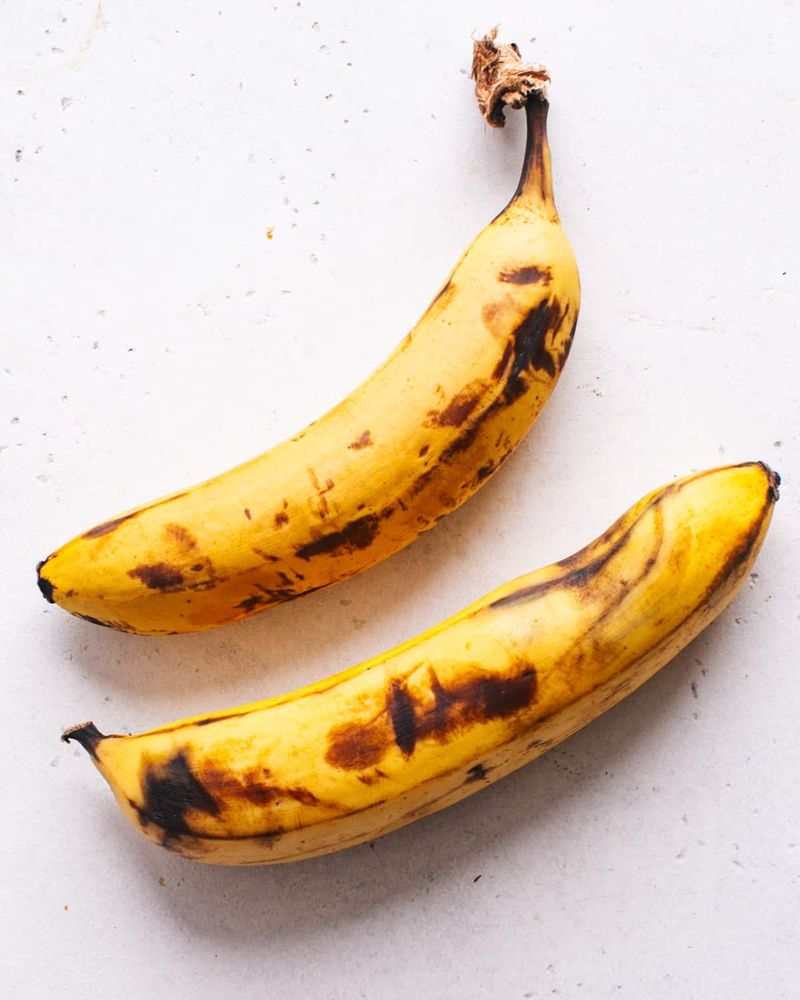
Bananas are renowned for their high potassium content, which supports heart health by helping to balance sodium levels. Yet, consuming them in excess with hopes of rapidly lowering blood pressure isn’t recommended. Potassium needs to be part of a balanced diet to function effectively, not a standalone solution. While a banana is a convenient, healthy snack, relying on it in large quantities may lead to unnecessary calorie intake without the desired blood pressure benefits. Instead, integrate them as part of a varied, nutrient-dense diet.
5. Celery Juice
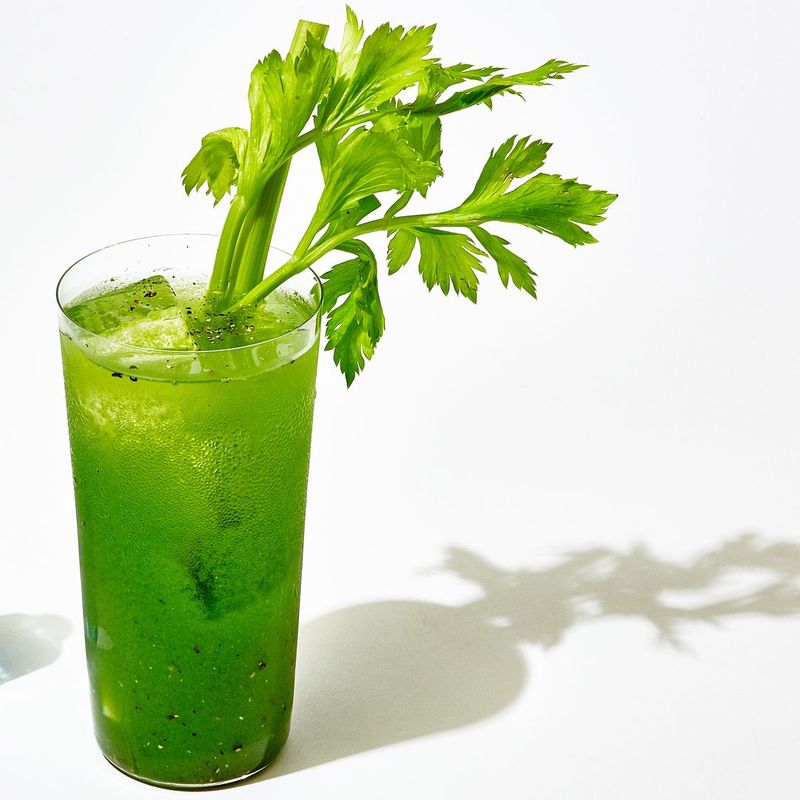
The trend of celery juice as a health elixir has gained momentum, but scientific support for its blood pressure-lowering effects remains minimal. While celery contains compounds like phthalides that may help relax artery walls, the impact of juicing alone is not well-documented. Drinking celery juice for its purported benefits might offer hydration and a dose of vitamins, but it’s not a substitute for comprehensive dietary changes. Including whole celery in meals can still be beneficial, adding crunch and nutrients without the need for juicing fads.
6. Garlic Supplements (in low doses)
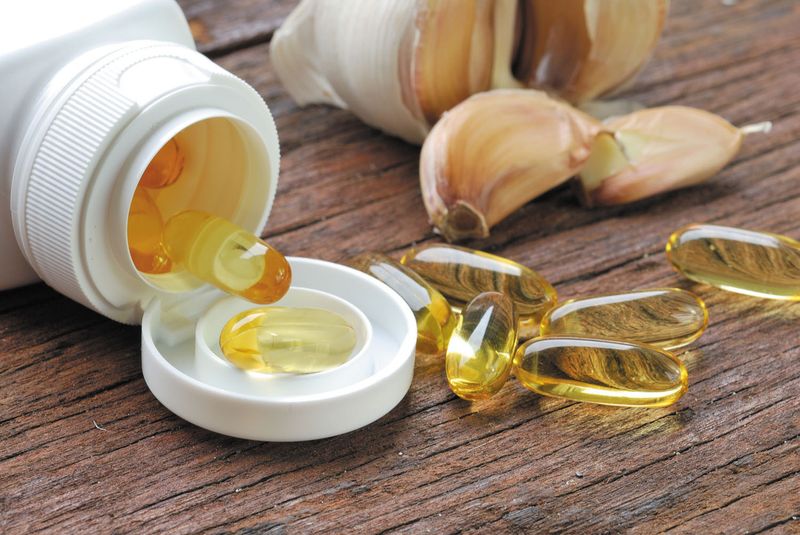
Garlic has been heralded for its potential cardiovascular benefits, thanks to compounds like allicin. However, the effectiveness of garlic supplements can vary. Over-the-counter options often lack the necessary concentration to impart consistent blood pressure-lowering effects. Low doses may not suffice for meaningful changes. Cooking with fresh garlic could offer more potential benefits than relying solely on supplements. Besides, incorporating it into meals can enhance flavor and contribute to a heart-healthy diet. Always consult healthcare professionals before starting any supplement regimen.
7. Miso Soup

Miso soup, a staple of Japanese cuisine, is rich in probiotics and fermented goodness. However, its high sodium content can counteract any blood pressure benefits. While the fermentation process offers some health advantages, the salt levels present a concern for those monitoring their blood pressure. Enjoying miso soup can be part of a balanced diet, but moderation is crucial. Opt for low-sodium versions and pair with other nutrient-rich foods to maintain heart health without overindulging in salt. Seek balance in flavors and nutritional intake.
8. Beet Gummies or Powders with Minimal Nitrate
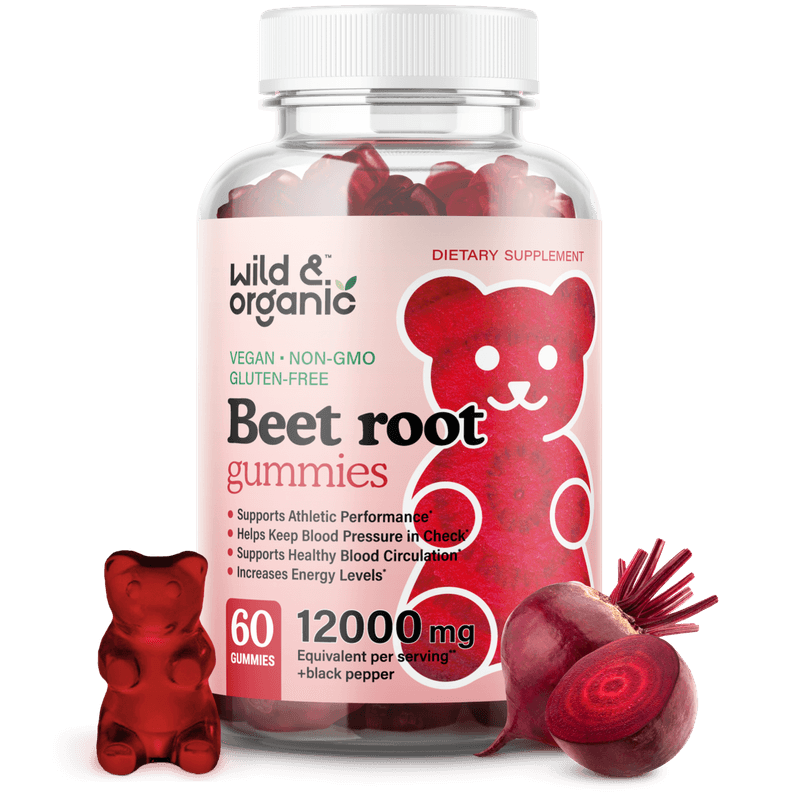
Beets are celebrated for their nitrate content, beneficial for blood pressure, but many commercial beet supplements lack sufficient levels of active nitrate. Without the right concentration, these gummies or powders won’t deliver the expected vascular benefits. Fresh beets or 100% beet juice are more reliable sources of dietary nitrates, converting to nitric oxide in the body to aid blood flow and pressure reduction. Consider enjoying roasted beets in salads or smoothies for a natural alternative. Opt for whole foods over processed supplements to maximize health benefits.
9. Leafy Greens (e.g., spinach, kale, arugula)
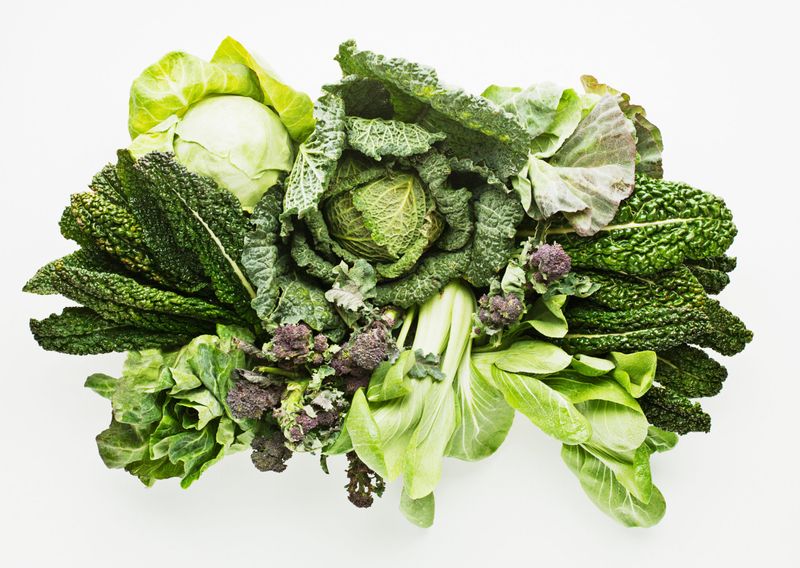
Leafy greens are a powerhouse of essential nutrients like potassium and magnesium, both crucial for maintaining healthy blood pressure levels. These vegetables are versatile, easily added to salads, smoothies, or stir-fries. Their rich nutrient profile supports heart health by enhancing arterial flexibility and reducing hypertension risk. Regular consumption aligns with dietary guidelines advocating for increased vegetable intake. Beyond their health benefits, they offer a fresh, crisp taste that complements various dishes, making them a delicious part of any heart-healthy meal plan.
10. Beets
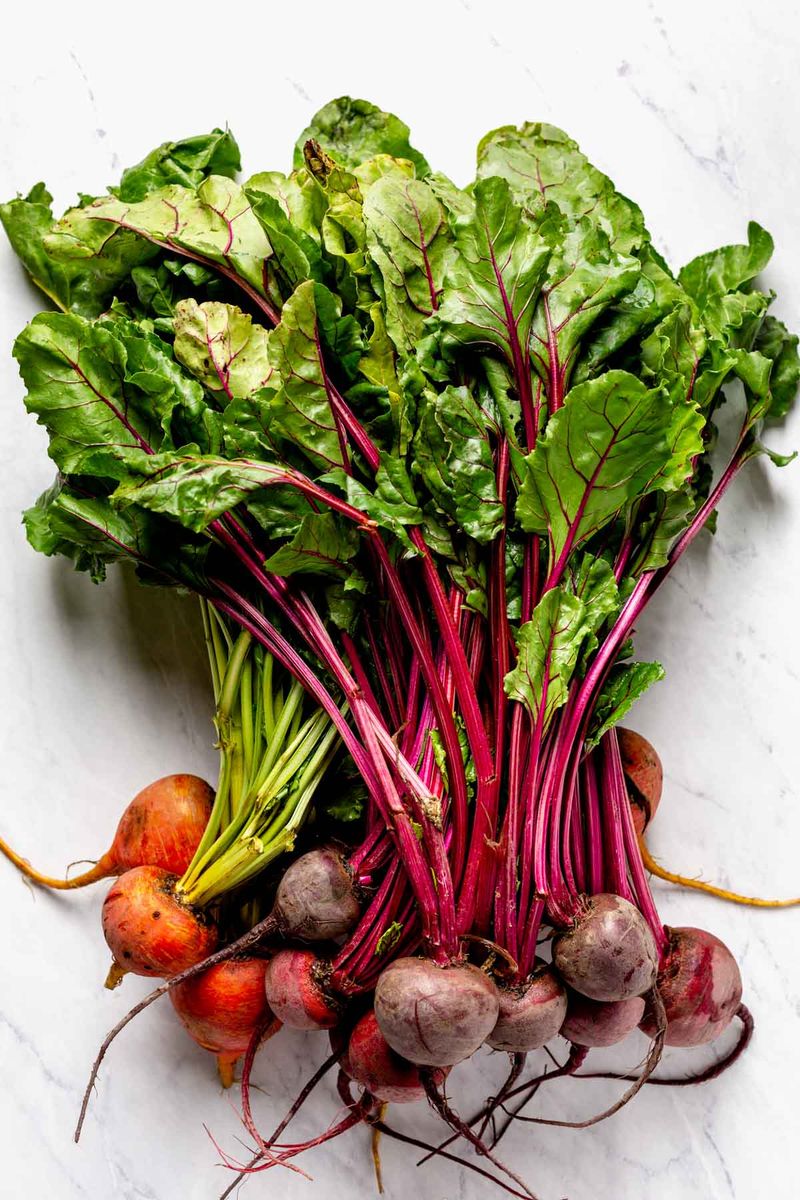
Beets are well-known for their rich nitrate content, converting to nitric oxide in the body to support blood vessel dilation and enhance circulation. This process has been linked to reductions in systolic blood pressure. Enjoying beets can be as simple as roasting them for salads or blending into smoothies. Their earthy flavor pairs well with tangy ingredients like goat cheese or citrus. Incorporating beets regularly can be a delicious way to support cardiovascular health, providing a natural means of enhancing dietary nitrate intake.
11. Oats
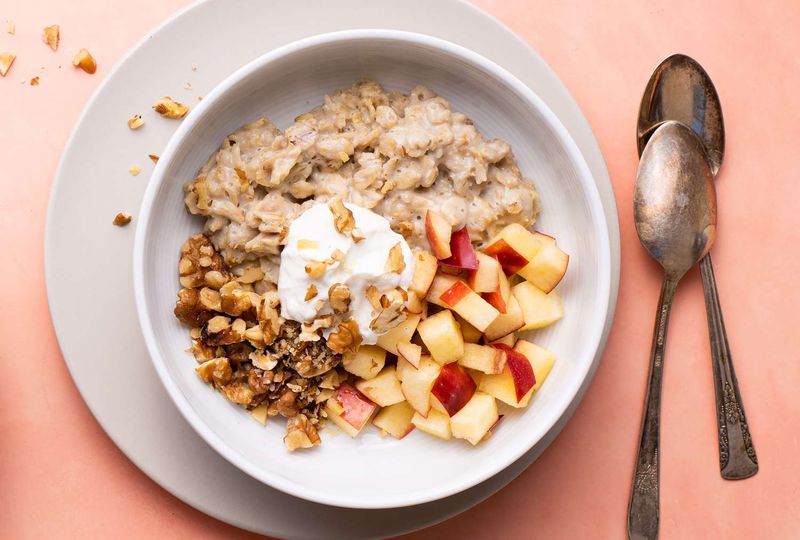
Oats are rich in beta-glucan, a soluble fiber known for its role in reducing both cholesterol and blood pressure. Consuming oats as part of a balanced breakfast can offer heart health benefits, contributing to improved arterial function. The versatility of oats allows for creative combinations, such as pairing with fresh fruit, nuts, or honey for added flavor without compromising health goals. Consistent consumption is key to reaping the benefits, making oats a delicious and nutritious staple in a heart-friendly diet.
12. Berries (especially blueberries)
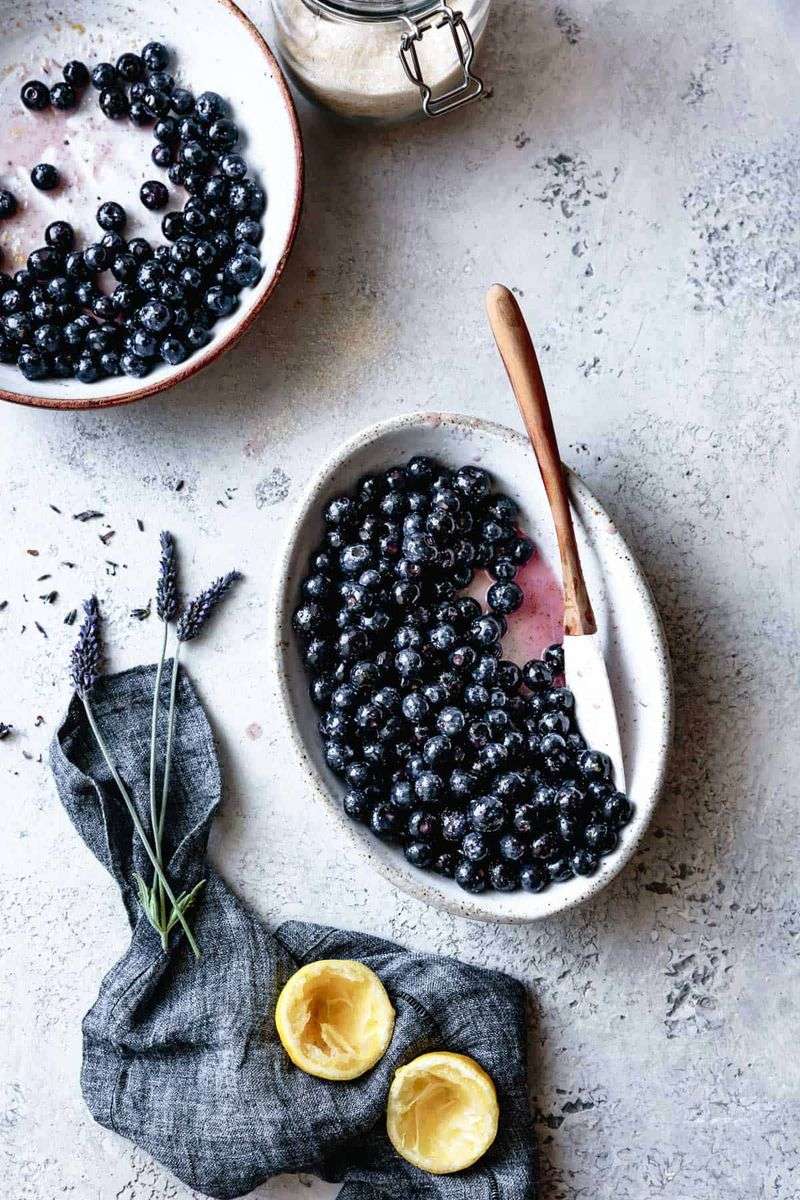
Berries, notably blueberries, are packed with anthocyanins and antioxidants that support vascular health by reducing oxidative stress and inflammation. These compounds help improve endothelial function, crucial for maintaining healthy blood pressure. Berries are a tasty, natural option for those aiming to enhance their heart health. Versatile in use, they can brighten up a morning cereal or be enjoyed as a simple, refreshing snack. Their vibrant colors and sweet-tart flavor make them an appealing and health-promoting addition to a balanced diet.
13. Fatty Fish (like salmon or sardines)
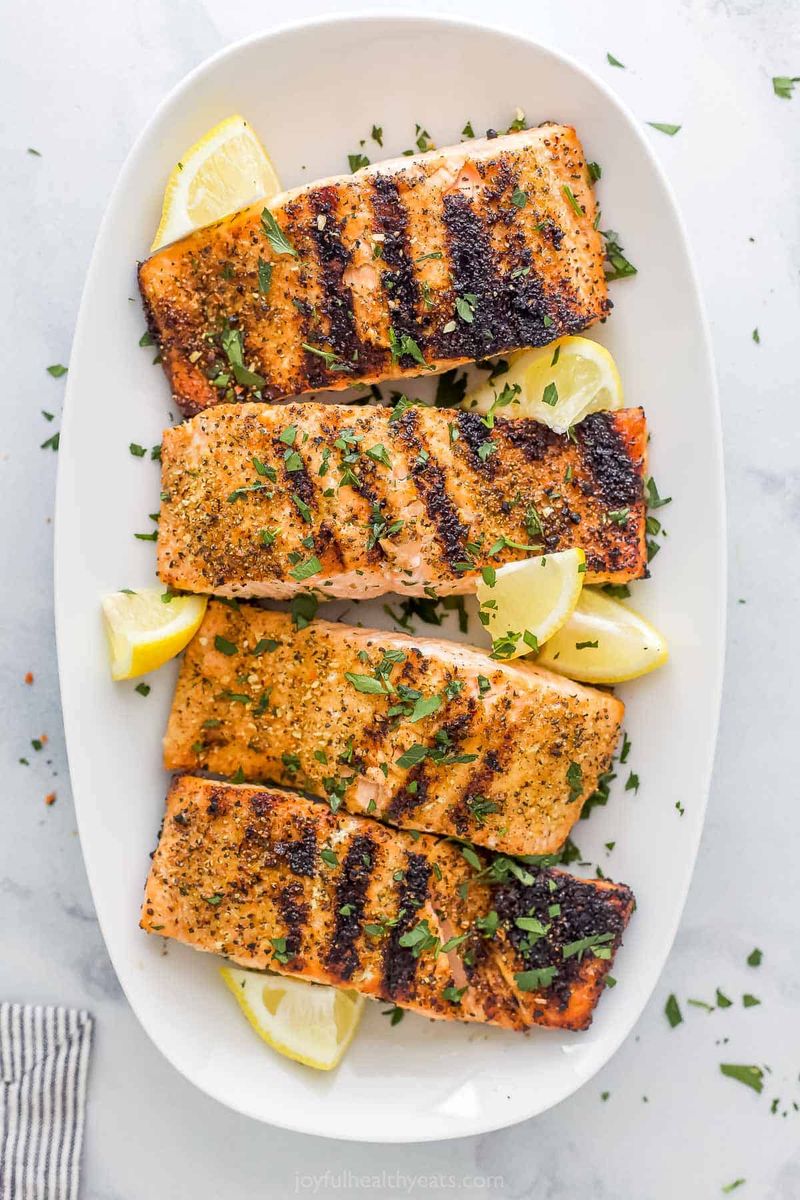
Fatty fish, such as salmon and sardines, are rich in omega-3 fatty acids, which are essential for cardiovascular health. These fats help lower blood pressure by reducing inflammation and improving arterial function. Incorporating fish into your diet a few times a week is a delicious way to benefit heart health. Pairing with fresh vegetables or a light salad can enhance the meal’s nutritional profile. Cooking methods like grilling or baking preserve the beneficial fats and flavors, making fish a savory, heart-smart choice.
14. Low-Fat Yogurt
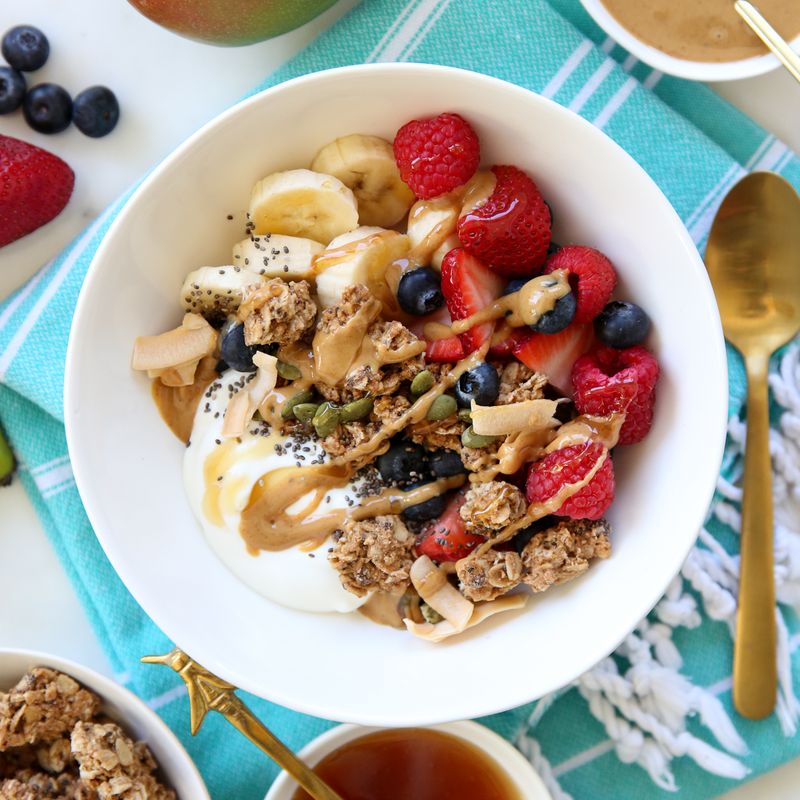
Low-fat yogurt provides calcium and probiotics, both linked to improved heart health and blood pressure regulation. This dairy product is a versatile addition to various meals, from breakfast parfaits to savory dishes. The live cultures in yogurt support gut health, indirectly benefitting the cardiovascular system by enhancing nutrient absorption and metabolic processes. Enjoy it as a snack or a meal component to incorporate its benefits seamlessly into the diet. Pairing with fruits or nuts boosts both flavor and nutritional value.
15. Pomegranate Juice (unsweetened)
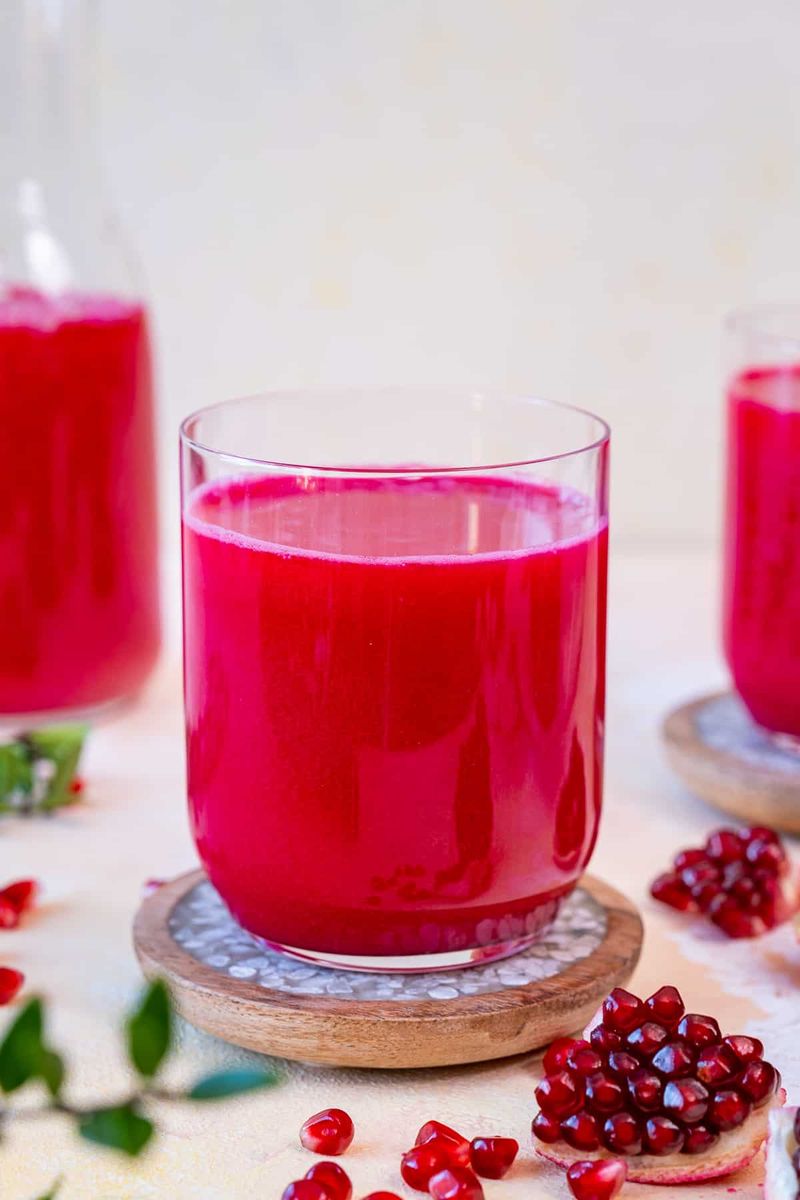
Pomegranate juice is rich in antioxidants and natural polyphenols, contributing to its ability to lower systolic blood pressure. The vibrant, tart flavor of this juice makes it a refreshing addition to a heart-healthy diet. Consuming unsweetened pomegranate juice regularly can support vascular health by promoting arterial flexibility and reducing oxidative stress. It pairs well with meals or as a standalone drink, offering a flavorful alternative to sugary beverages. Including it in a balanced diet can enhance overall cardiovascular wellness.
16. Lentils and Beans
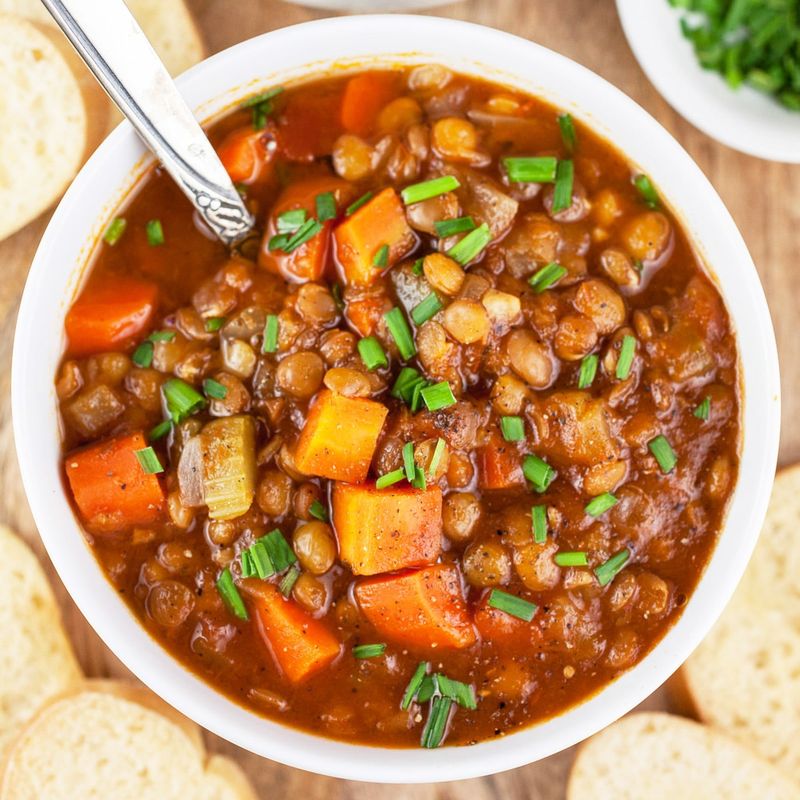
Lentils and beans are nutritional powerhouses, high in potassium, fiber, and plant protein, all supporting heart health. These legumes help maintain stable blood pressure by improving cholesterol levels and enhancing arterial function. Their versatility makes them ideal for a variety of dishes, from hearty soups to fresh salads. Beyond their health benefits, they provide a satisfying, earthy flavor that complements many cuisines. Regularly incorporating these legumes into meals can support heart health effectively, making them a staple in any heart-conscious diet.
